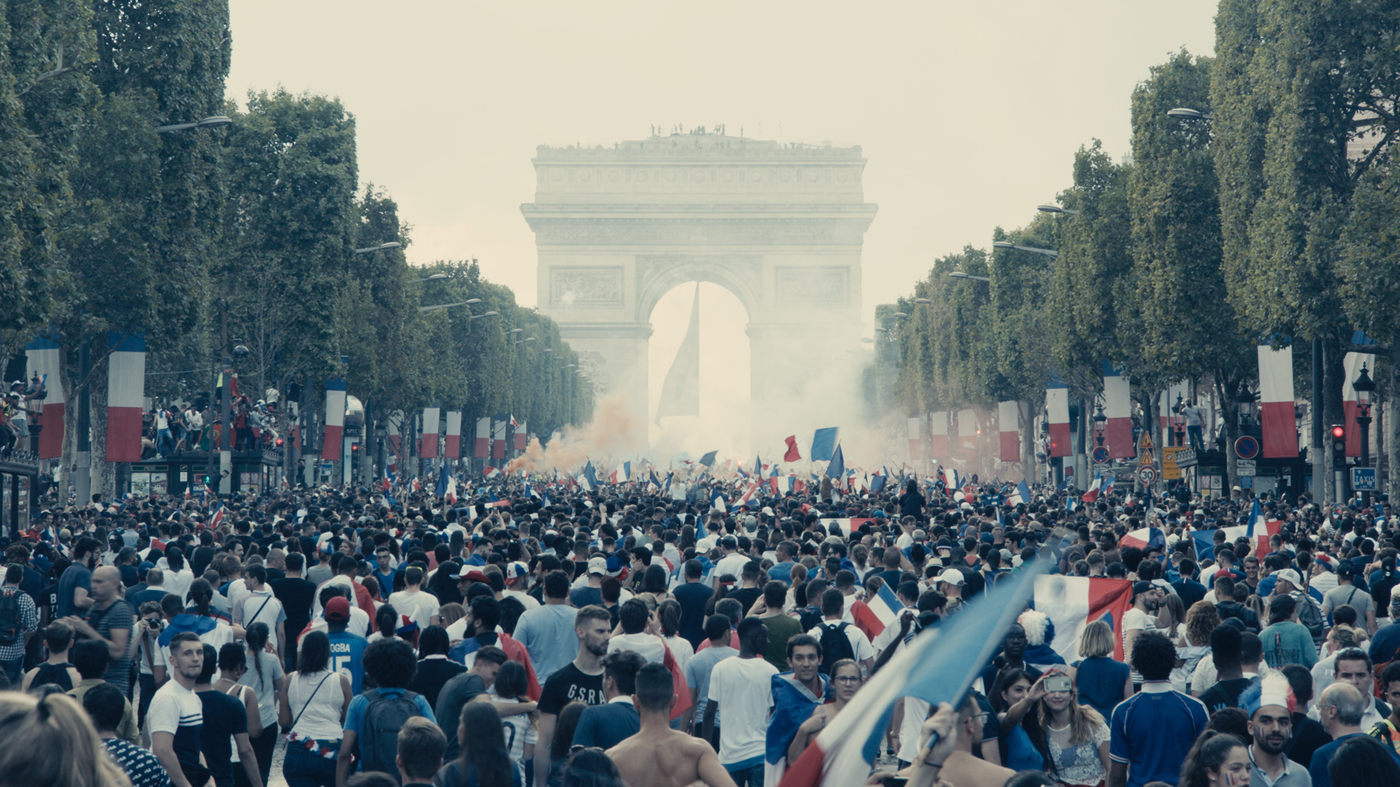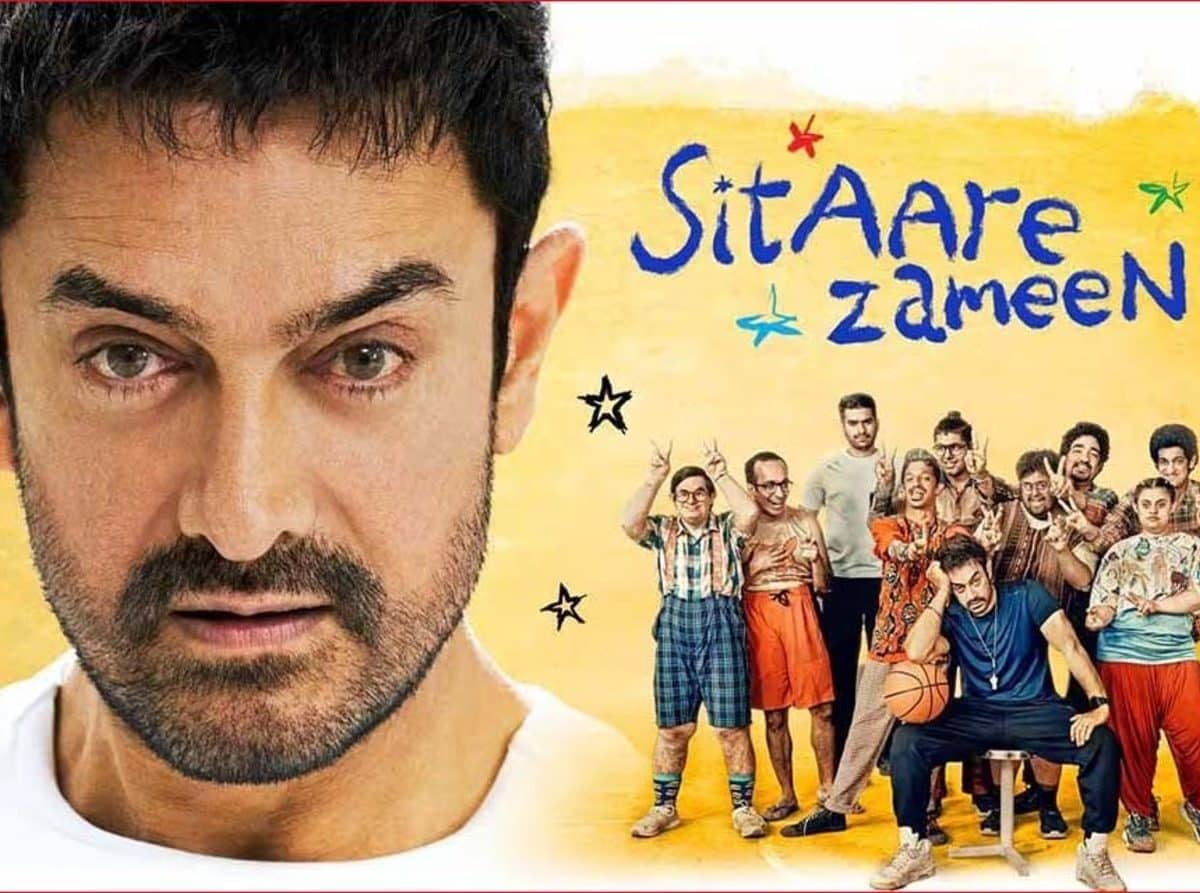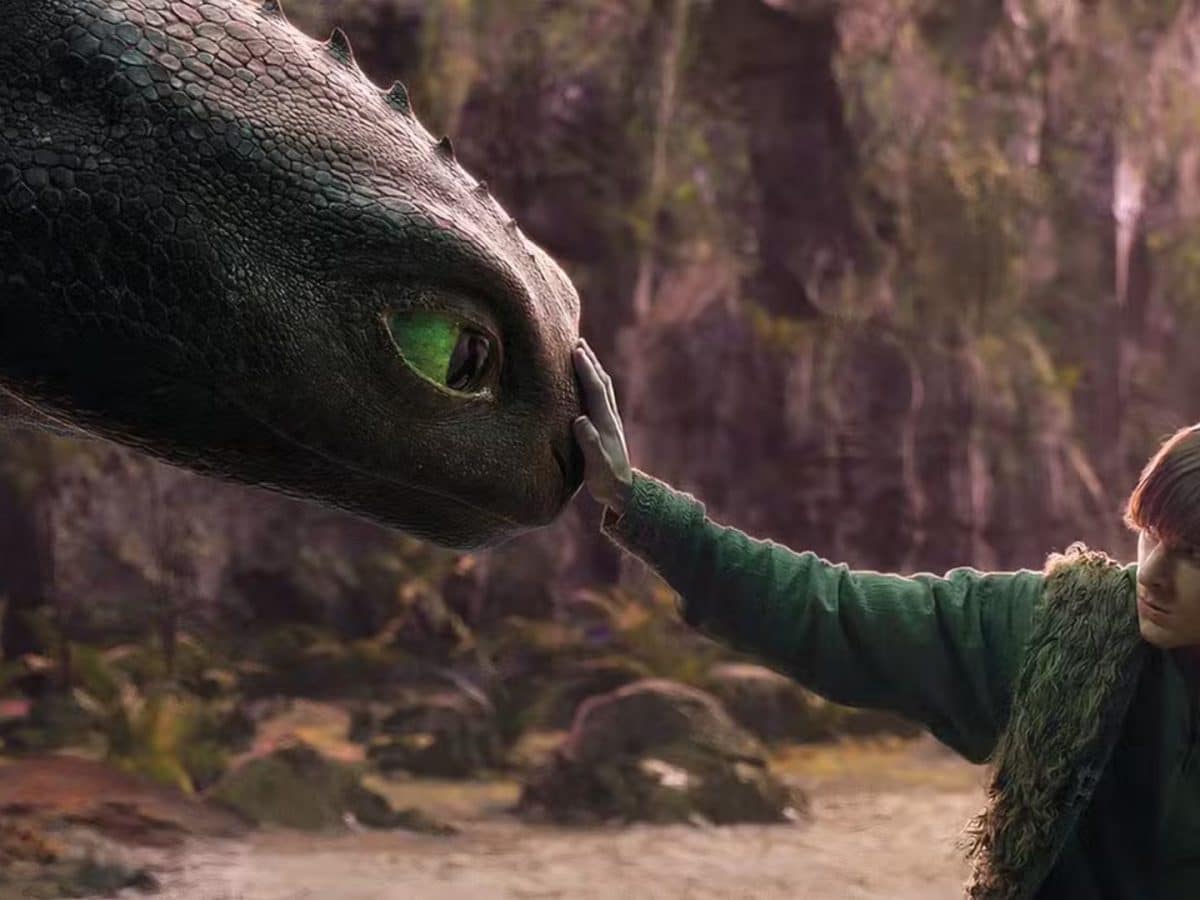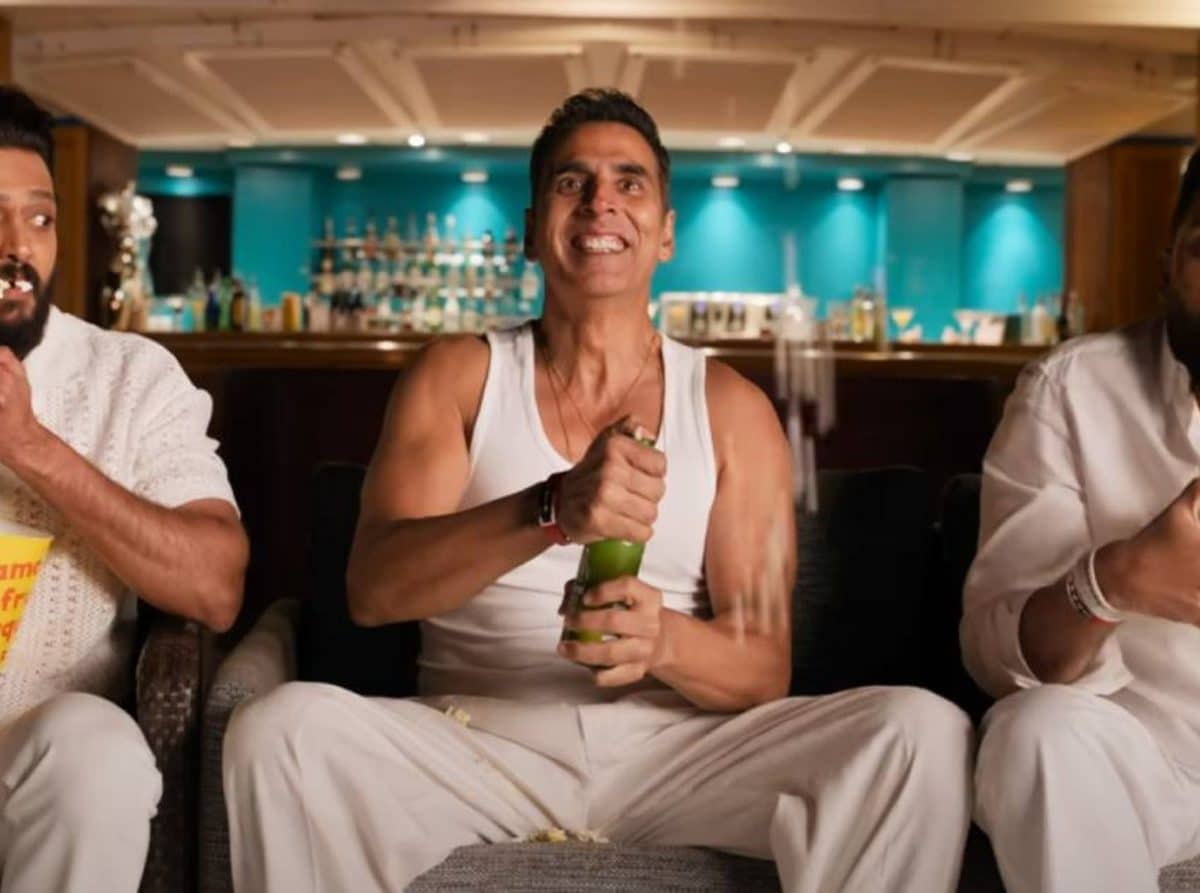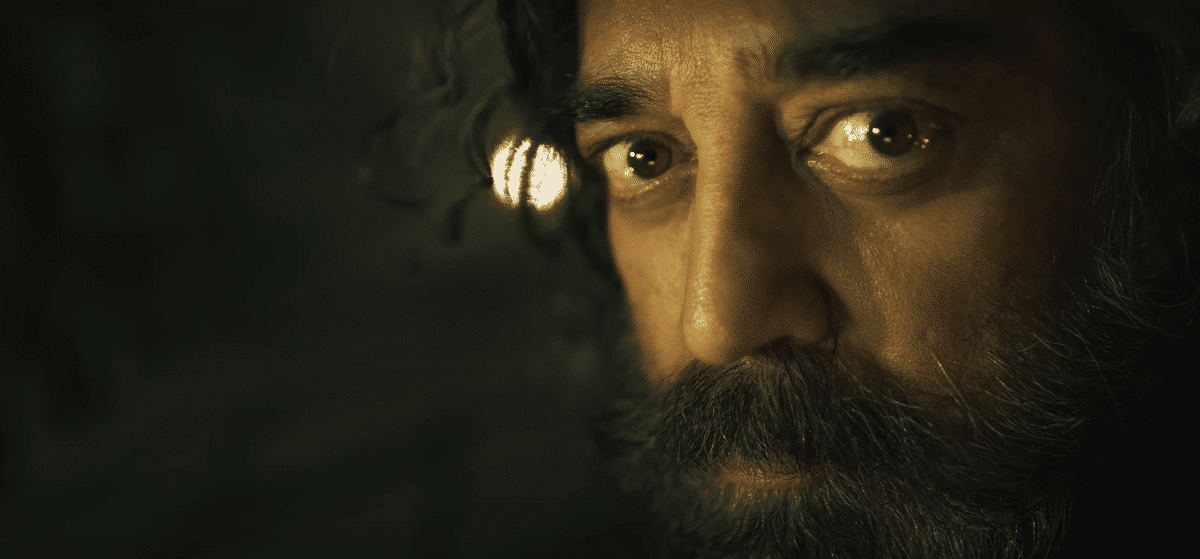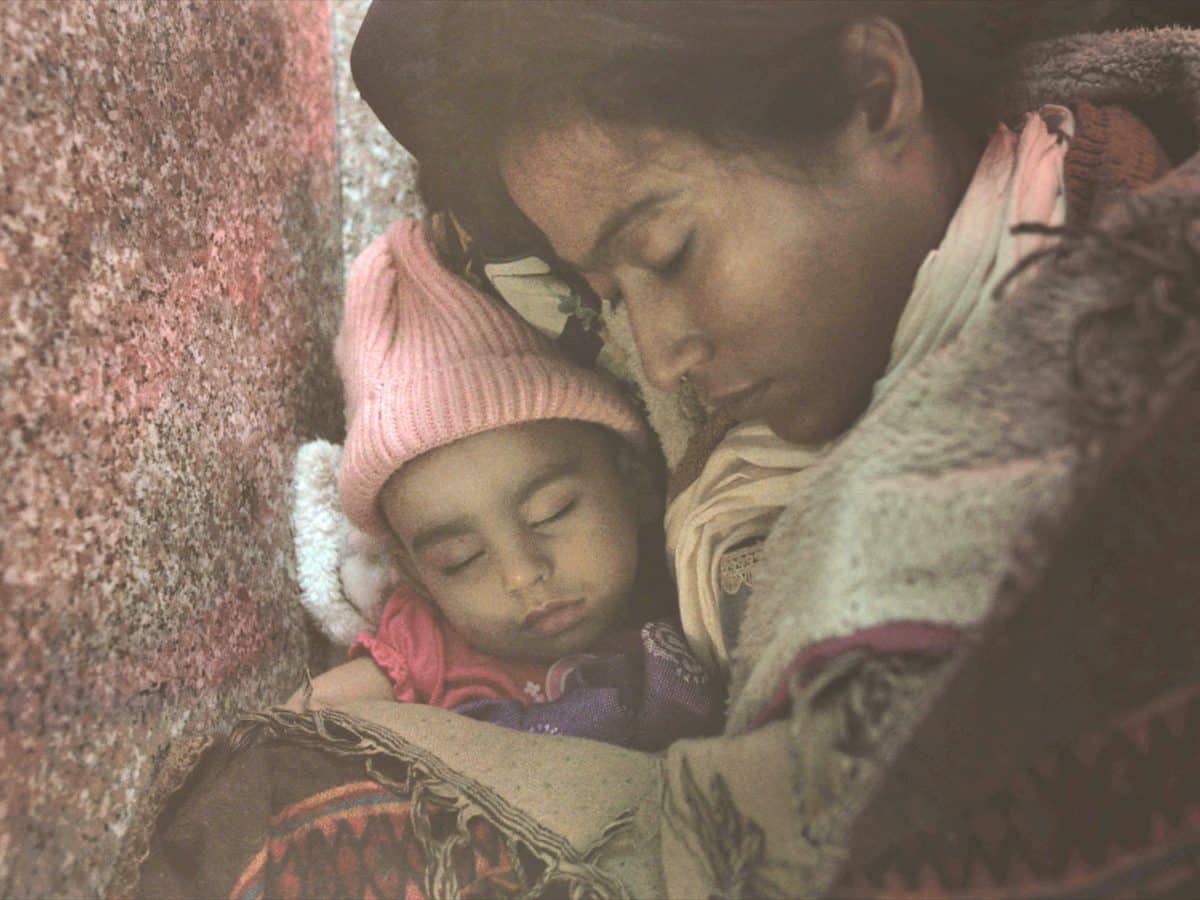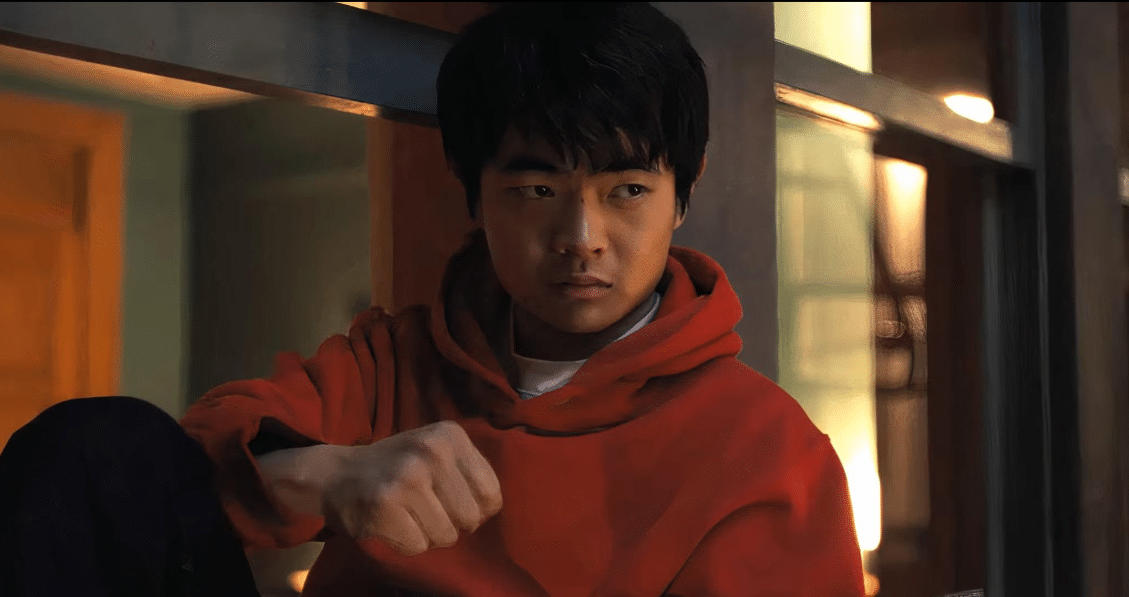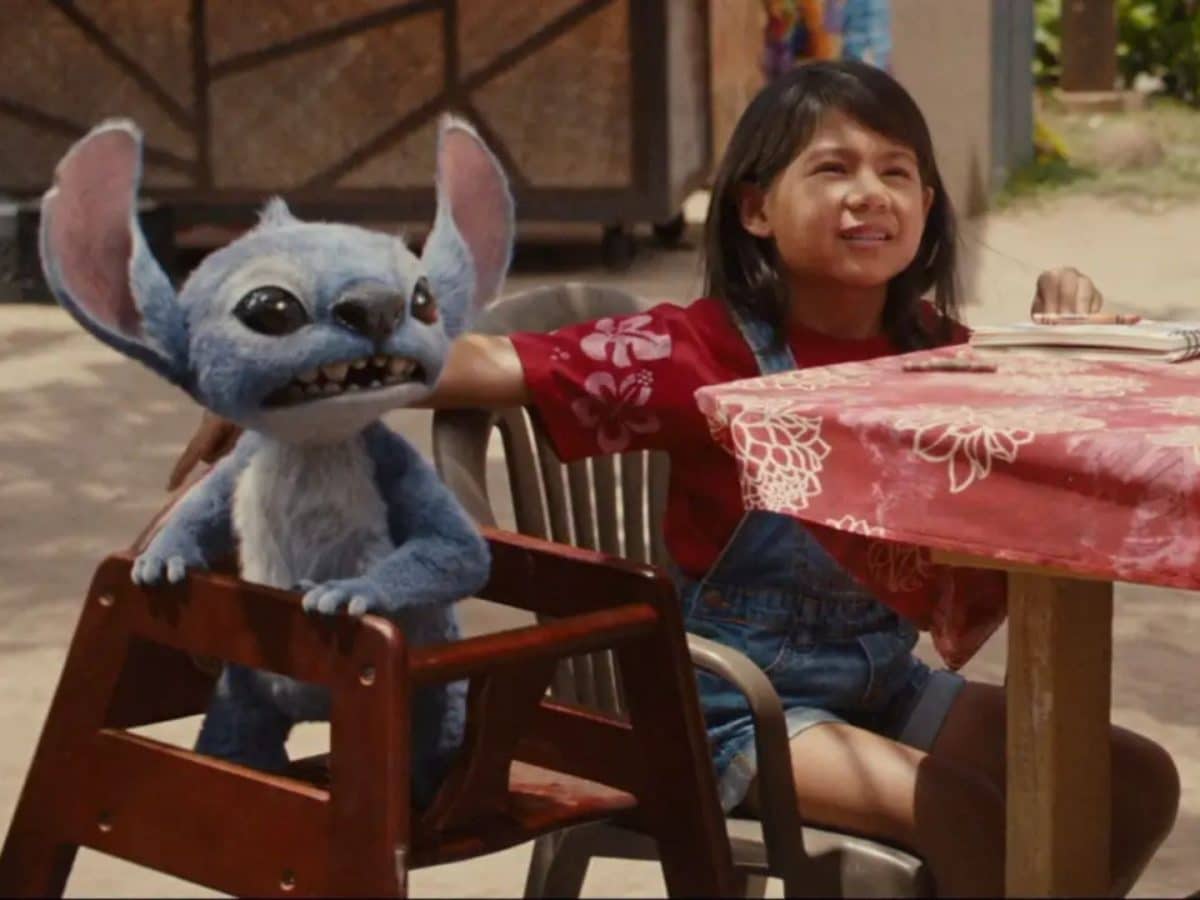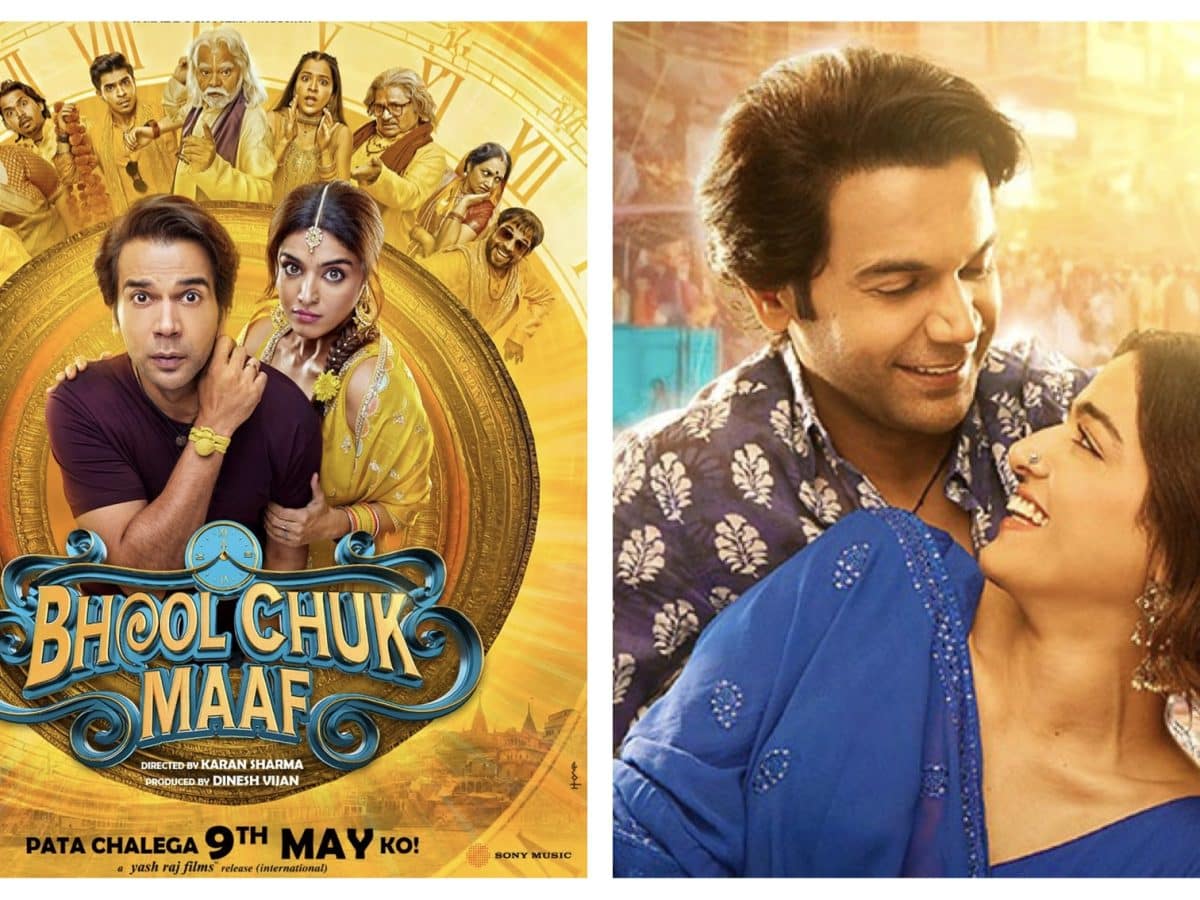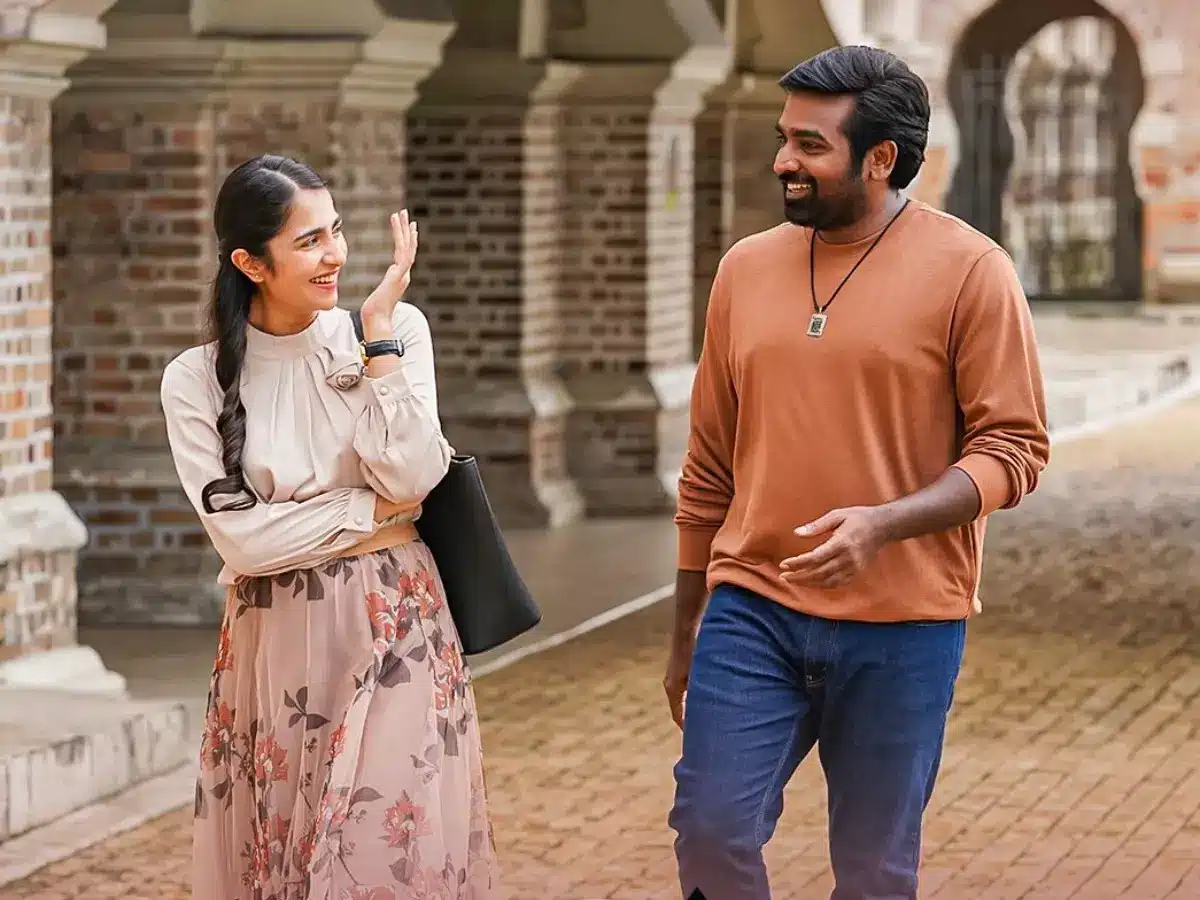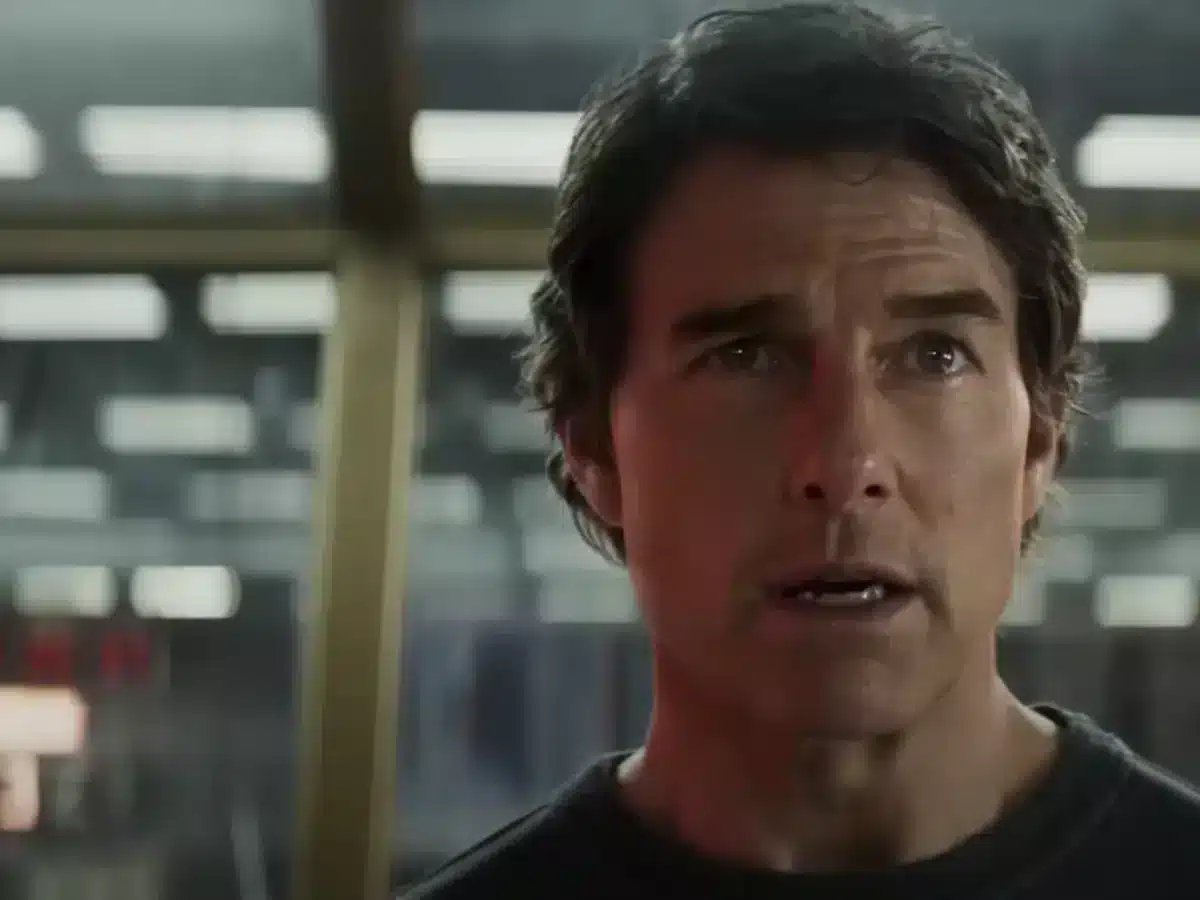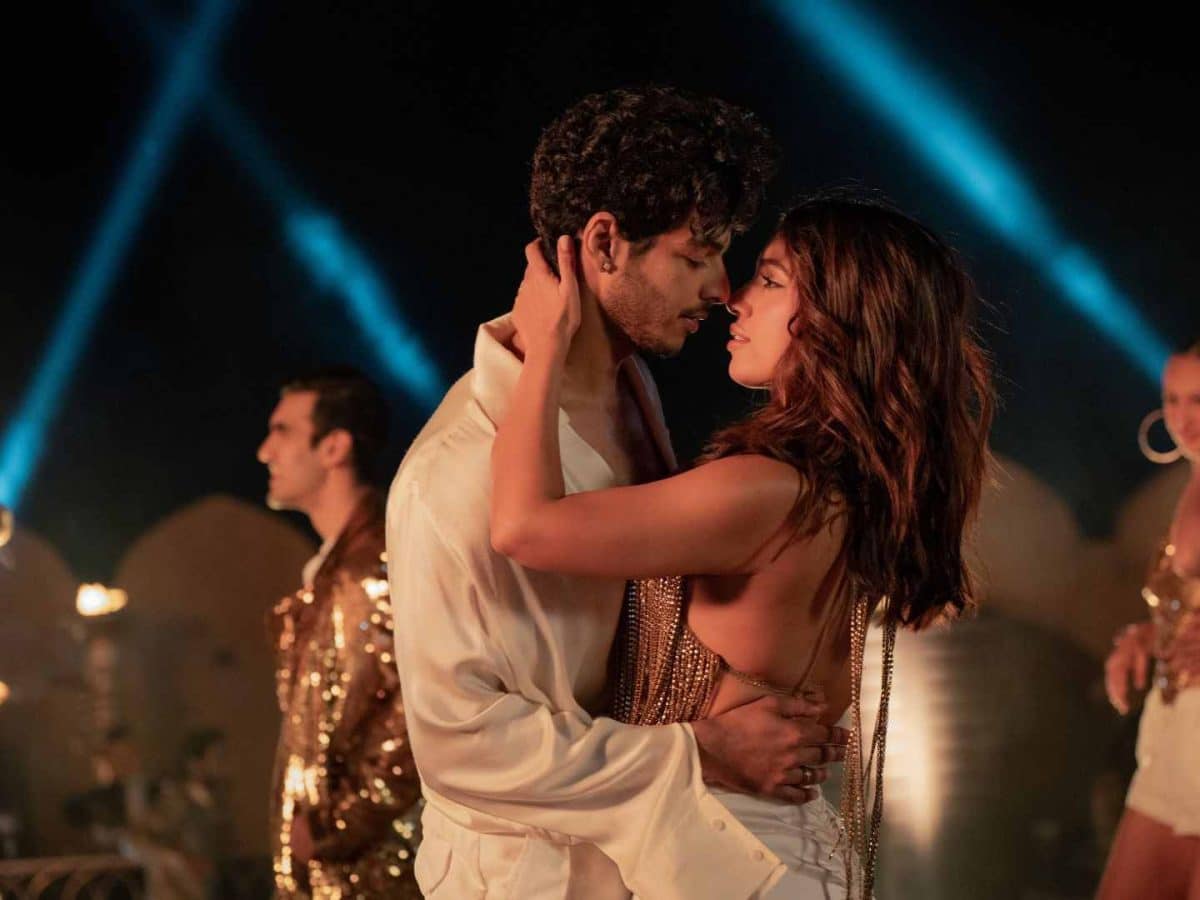Rating: ****
If Victor Hugo were to see what director Ladj Ly has done to his timeless classic novel Les Miserables he would either sue or wish himself dead (which he is, in any case). And both responses would be a monstrous misreading of this modernday ‘One day in the life of…’ interpretation of Hugo’s epic novel on class differences and socio-political revolution in France.
This version has a deep aversion to conformity. So, as far as Ladj Ly is concerned, Victor Hugo can go fly kite. Ly gives his own stunning freaky spin to the class war. Set in presentday Montfermeil, which is Victor Hugo’s birthplace, this deeply resentful and implosively angry version of the original novel trails three cops, one of them new to the simmering cauldron of races in the small French city, as they do the rounds of the seething city just waiting to explode.
A little Black boy Issa (Issa Peric) triggers of a revolutionary riot, or do I mean a riotous revolution, when he steals a lion cub from a visiting circus. Swiftly, eclectic violent alignments are drawn up as the city determines to erupt into a riot.
This is a unique take on the uneasy relationship between the law enforcement agencies and the young cosmopolitan underdogs. The director has an astonishing eye for visceral detail.Scenes of mounting tensions on the road are constructed with combustive spontaneity. The actors are unknown but compelling faces conveying the conflicts with a fluency that constantly furnishes a documentary-like feeling to the drama of demoniacal dissension.
The three principal cops are played by actors who seem to be so clued into the minds of the law enforcers that we forget they are acting. Alexis Manenti is Chris, the cop who acts first and thinks later. His partner Gwada(Djebril Zonga )is an African-descent pacifist who weeps at the end in his Mom’s kitchen for the wrong that are done to the poor. Ruiz played by Damien Bonard is the outsider struggling to keep his head afloat in a sinking mire of corruption, as the young brigade comprising mostly of boys of African descent. Come out into the streets to fight. All three actors induce a sense of immediacy and intimacy to the uneasy relationship that a law enforcement agency shares with a volatile society.
This is a powerful treatise on social inequality lacking the poignancy and poetry of the previous 2012 adaptation of Victor Hugo’s novel (that too is must-see) but making up for those qualities by emphatically energizing the theme of inequality giving to the class conflict a dramatic force that precludes artifice.
Interestingly, both the BBC television series in 2018 and this new spin on Victor Hugo’s novel did away with the songs. This is in keeping with the contemporary climate. Nothing to sing and dance about, really when hunger and poverty become the new religion.


